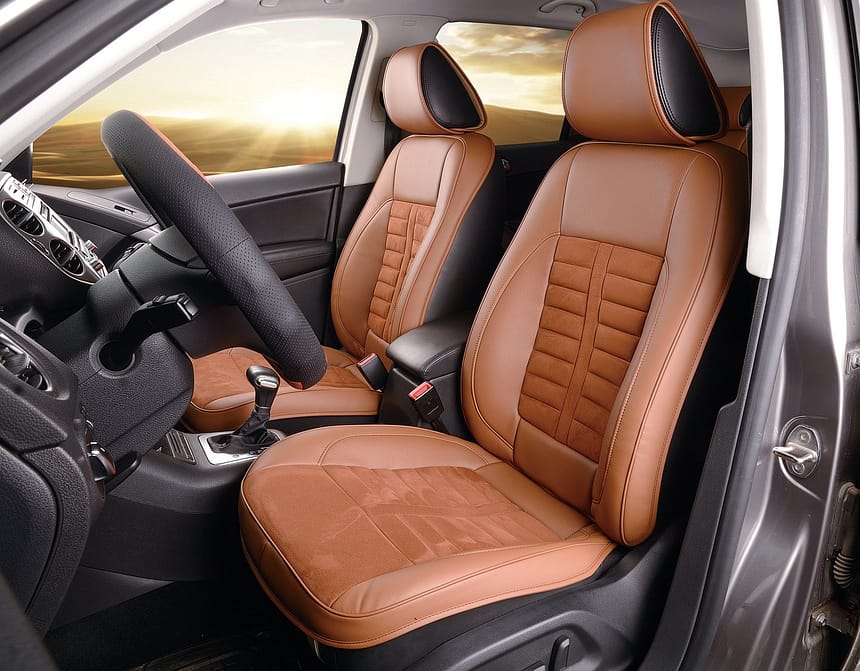Aftermarket car accessories offer an enticing array of options to personalize and enhance your vehicle. From performance upgrades to aesthetic enhancements and convenience features, these accessories can transform your driving experience. However, it’s essential to weigh the pros and cons before investing in aftermarket products. In this article, we will explore the advantages and disadvantages of aftermarket car accessories to help you make an informed decision.
Pros of Aftermarket Car Accessories
Affordability
One of the significant advantages of aftermarket accessories is their affordability compared to original equipment manufacturer (OEM) parts or factory-installed options. Aftermarket products are often priced lower, making them accessible to a broader range of car owners on a budget.
Wide Selection
Aftermarket accessories offer an extensive range of options to choose from. Whether you’re looking for performance upgrades, interior or exterior styling enhancements, advanced technology additions, or convenience features, the aftermarket market has a vast selection to cater to various preferences and needs.
Customization and Personalization
Aftermarket accessories allow car owners to customize and personalize their vehicles according to their unique tastes and preferences. You can transform your car’s appearance, improve its functionality, and tailor it to reflect your personality.
Enhanced Performance
Many aftermarket accessories are designed to improve a vehicle’s performance. Upgrades such as aftermarket exhaust systems, air filters, suspension components, and engine tuning modules can enhance power, torque, handling, and overall driving dynamics.
Cons of Aftermarket Car Accessories
Quality and Compatibility Concerns
Not all aftermarket accessories are created equal. Some may be of inferior quality compared to OEM parts, potentially compromising performance, durability, and safety. Additionally, compatibility issues may arise, as aftermarket products might not fit or integrate seamlessly with your vehicle’s existing systems or components.
Warranty Implications
Installing aftermarket accessories could impact your vehicle’s warranty coverage. If a non-OEM part is responsible for a mechanical issue, the warranty may be voided. It’s crucial to understand your vehicle’s warranty terms and consult with a knowledgeable professional before making any modifications.
Installation Challenges
Certain aftermarket accessories may require professional installation or specialized knowledge. If you’re not familiar with automotive installations, you may encounter difficulties or risk damaging your vehicle. Improperly installed accessories could also result in malfunctions or safety hazards.
Resale Value Considerations
While personalization through aftermarket accessories may appeal to your preferences, it can potentially affect the resale value of your vehicle. Buyers may have different tastes, and modifications that deviate significantly from the original specifications could make your vehicle less desirable in the used car market.
Conclusion
Aftermarket car accessories offer a wide range of options for customization and enhancement, allowing you to personalize your vehicle to suit your preferences and needs. They are often more affordable than OEM parts and provide a vast selection to choose from. However, there are potential downsides to consider, including quality concerns, compatibility issues, warranty implications, installation challenges, and potential impact on resale value.
Before investing in aftermarket accessories, thoroughly research the specific product, brand reputation, and customer reviews. Consider consulting with automotive experts or professionals who can provide guidance based on their expertise. By weighing the pros and cons and making informed decisions, you can enhance your driving experience while ensuring the integrity and safety of your vehicle.






